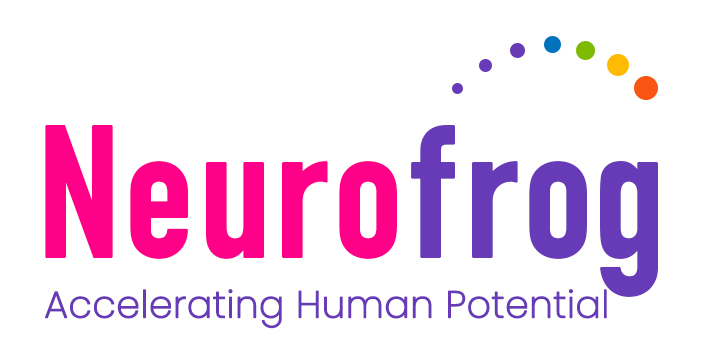Medical and scientific data source guidelines
Data Review Process
All Neurofrog data and content is evidence-based, written for parents, and reviewed by experts. We aggregate the latest scientific research to provide up-to-date and factual information, so parents make the best decisions based on facts.
Trusted Health Information
There’s so much health information available on the internet. But it can be challenging to sort through it all to find credible, easy-to-understand, and actionable information for the task at hand. At Neurofrog, we break down complex topics to help you prioritise your health and wellbeing and take the necessary action.
Content Selection Criteria:
- Peer-reviewed academic publications
- Practitioner supported
- Rigorous research and analysis
- Provides strong evidence for claims and references to other high-quality sources
- International healthcare bodies
- Specialist Government health departments and agencies
Trusted Sources
It’s important for us that our content meets the highest standards of scientific integrity and trustworthiness according to the medical model. Our sources for information and data are thoroughly researched, weighted, and ranked. We follow very strict guidelines for the sources of medical and scientific research we use.
Primary Sources of Domain Expertise
We rank and only use sources that have established clear and credible international domain expertise. We prioritise studies, statistics, and articles that have been peer-reviewed from these credible sources. We only source from top-ranking domains such as cdc.gov, nhs.uk, who.int, ucl.ac.uk, harvard.edu, and stanford.edu, and others.
We also source information from specialist government health departments and agencies who have clearly established internationally recognised guidelines like CDC, NHS, NICE, NIH, and Health Canada. Included in our top ranking domains are international healthcare bodies such as ACOG and RCOG and clinical support resources such as BMJ Practice, healthychildren.org
If we can’t find the information from one of these sources, we may turn to academic books or websites created and run by charities or not-for-profit organisations.
Content Review Process
Early Childhood Development information changes over time. We continuously monitor for changes, such as updates to medical standards, new discoveries within the scientific community, or updates to clinical guidelines. We update our content frequently to include new approaches, procedures, and more.
Medical Board
We adhere to peer review practice in our content and program development process. We look for non-obvious errors or interpretations to maintain a high level of compliance with current medical and scientific information.
Early Childhood Development Research and Development
Since 2016, we have been researching and developing tools, formats, and experiences that reduce the complexity of neuroscience into activities that parents can do and learn from.
This has resulted in collaborating with leading practitioners, organisations, and research institutions across the diverse field of Early Childhood Development. We will continue to work alongside medical experts, research institutions, universities, and research groups worldwide to ensure Neurofrog delivers on our mission to accelerate human potential by putting neuroscience into the hands of parents.

